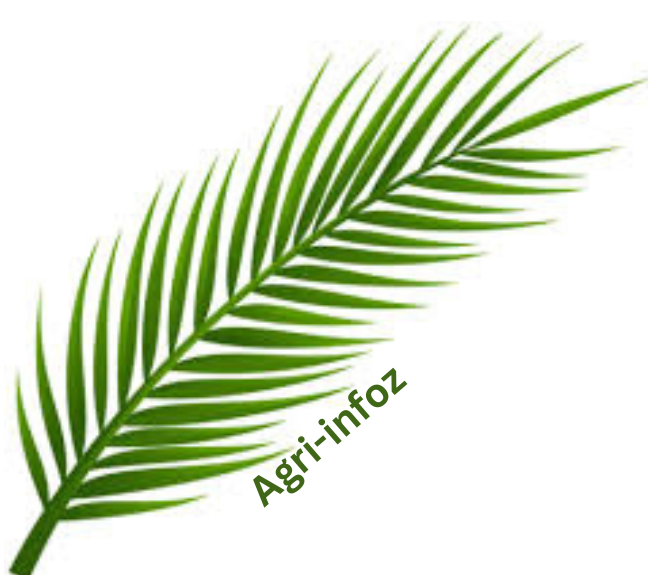


Securing the Plate: The Vital Nexus of Animal Husbandry and Food Security
In the global quest to ensure access to safe, nutritious, and sustainable food for all, the role of animal husbandry stands as a linchpin in the intricate web of food systems. As we delve into the dynamic interplay between animal husbandry and food security, we uncover the profound impacts of livestock farming on the availability, accessibility, and adequacy of food for populations around the world.
Read more related: Unlocking Opportunities Securing Grants and Funding for Animal Husbandry Success
Meeting Nutritional Needs
Animal husbandry plays a crucial role in meeting the nutritional needs of diverse populations, providing a rich source of essential nutrients, including protein, vitamins, and minerals. From the protein-rich meats of cattle, poultry, and fish to the calcium-packed dairy products of cows and goats, livestock products form an integral part of balanced diets, particularly in regions where plant-based protein sources are limited.
Enhancing Dietary Diversity
Livestock farming contributes to dietary diversity by providing a wide array of foods and ingredients that complement plant-based staples. From eggs and dairy products to meat and fish, livestock products add flavor, texture, and nutritional value to meals, enriching the culinary traditions and cultural heritage of communities around the globe.
Supporting Livelihoods and Livestock Keepers
For millions of small-scale farmers and pastoralists, livestock farming represents a vital source of income, livelihood security, and social cohesion. By raising and selling animals, these farmers generate income that can be used to purchase food, invest in education and healthcare, and build resilient communities capable of withstanding economic shocks and climatic variability.
Enhancing Resilience to Shocks and Crises
Livestock farming contributes to food security by enhancing the resilience of agricultural systems to shocks and crises, such as droughts, floods, and conflicts. By diversifying income sources and asset portfolios, livestock keepers can mitigate the impacts of crop failures and market disruptions, ensuring continued access to food and nutrition for themselves and their families.
Fostering Sustainable Food Systems
Sustainable animal husbandry practices are essential for building resilient and equitable food systems that can withstand the challenges of the 21st century. By promoting agroecological principles, such as biodiversity conservation, soil health, and water management, farmers can produce nutritious food while safeguarding the natural resources on which future generations depend.




6 thoughts on “Animal Husbandry and Food Security”